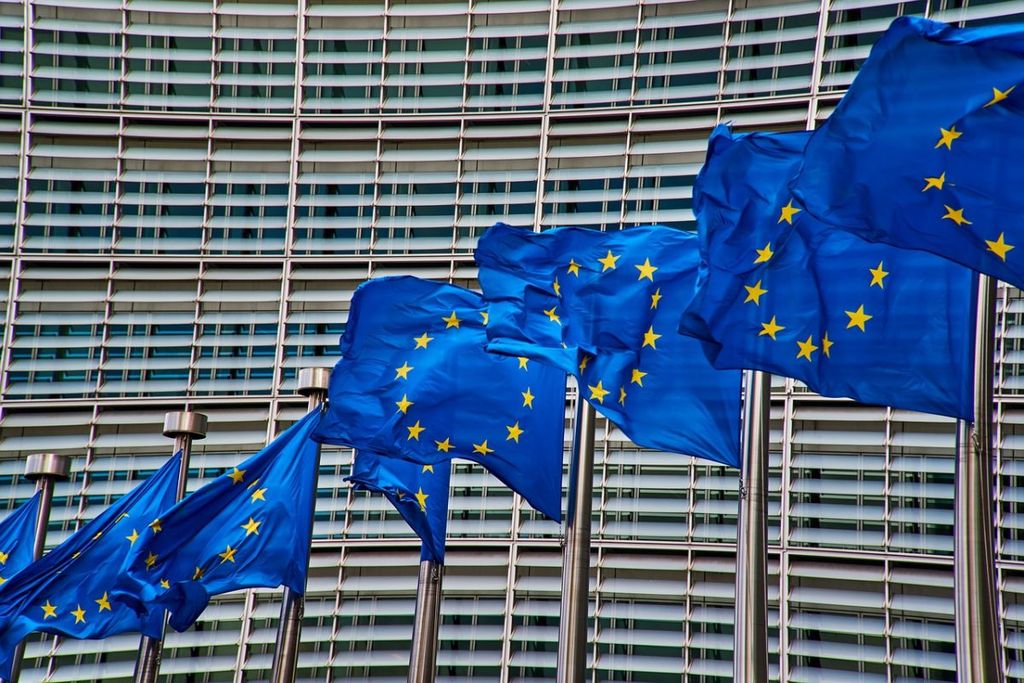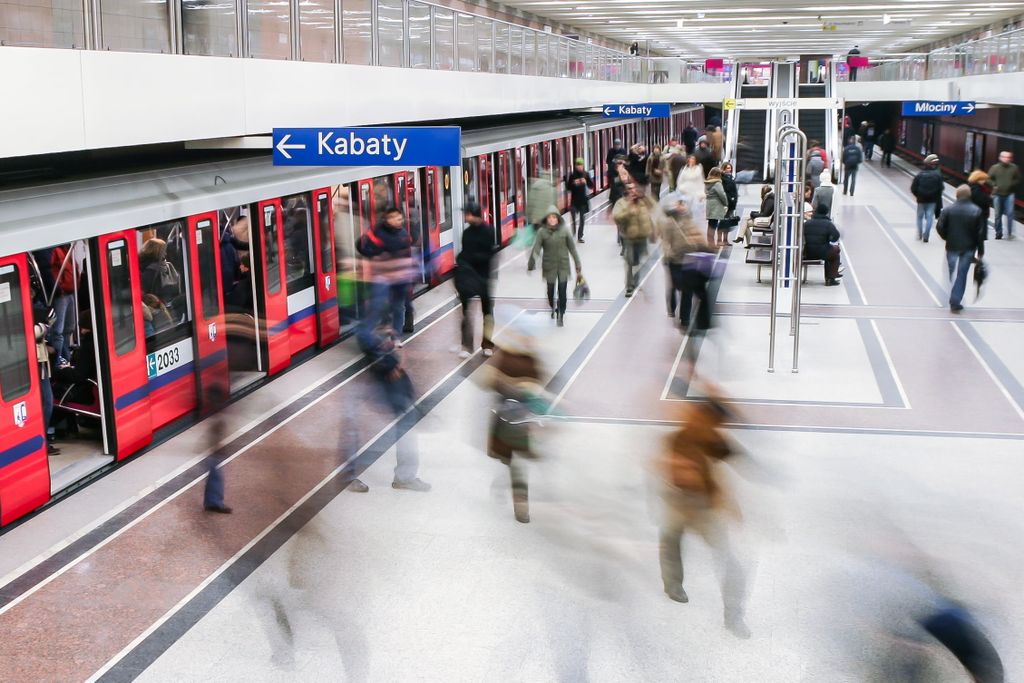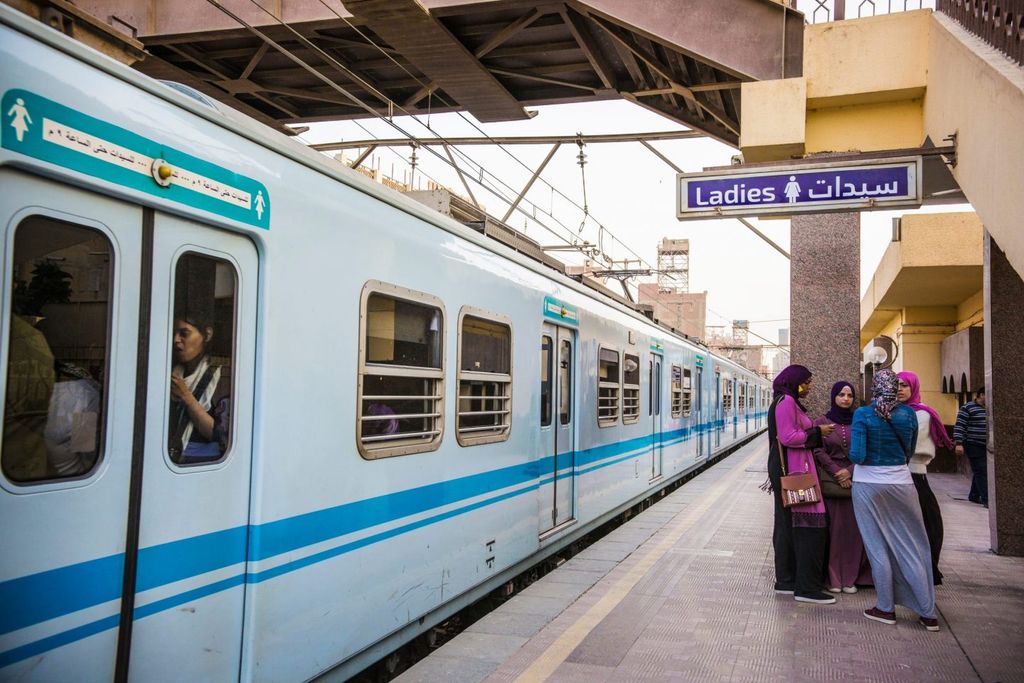
UITP Europe Open Letter on the consequences of the war in Ukraine and other crises for the local public transport sector
UITP Open Letter to the President of the European Commission, President of the European Parliament and President of the European Council
The public transport sector is saddened by the destructive and distressing war in Ukraine and condemns all violence.
Local public transport staff in Eastern Europe, but also in the West, were amongst the first to help Ukrainian refugees by providing humanitarian support, orientation, shelter, and safety. As such, we directly witness the terrible suffering of the Ukrainian people and stand in solidarity with them. Some transport operators organised buses to pick up refugees at the EU border. Local and regional public transport companies across the continent, together with railways, are ensuring the safe passage of all people fleeing the war in Ukraine by providing free-of-charge public transport allowing refugees to reach any destination as easily and comfortably as possible. It is our sector’s honour to continue welcoming and offering aid to support refugees, stepping up in times of need and demonstrating the critically important role that public transport plays in our society.
The humanitarian catastrophe caused by the Russian aggression is not the only crisis Europe is facing. The COVID-19 pandemic is far from over, and the climate and ecological crisis is deteriorating, bearing dire consequences for future life on our planet. In the current context of rising energy prices, which was suddenly aggravated by the war in Ukraine, energy efficiency is more important than ever. Public transport is amongst the most energy-efficient ways of travelling and a vital component of Europe’s energy and mobility transition. Local public transport also contributes to social inclusion, which is needed to overcome not only the COVID crisis, but also the economic and social crises and the refugee situation following the war in Ukraine. We will continue to provide high-quality, accessible, and affordable mobility for all.
However, all these circumstances impact the cost structure of public transport services. In addition to skyrocketing energy costs, the sector is also already affected by disruptions of the supply chain, for example of spare parts, vehicles, electronics, and construction material, the magnitude of which cannot be fully estimated yet. UITP therefore welcomes any support scheme in favour of sustainable mobility, which brings the costs of households down and considers the increased costs in the local public transport sector.
The multiple crises Europe is facing will have a long-term impact on mobility trends and behaviour. They will lead to a situation in which public transport will need to take on a larger share of passengers in the years to come; hence, capacity must be created as a matter of urgency.
The war in Ukraine, the energy crisis and the climate crisis must be addressed by policymakers with coherent and effective policies. Supporting public transport should be part of the measures adopted by governments now, in line with the EU’s Green Deal, and the sector should not be side-lined in European measures that are introduced in reaction to the crisis. When one crisis follows another, sustainable, inclusive, affordable, and energy-efficient mobility for all should be, more than ever before, a political priority, leaving no one and no place behind.
Contact
UITP













